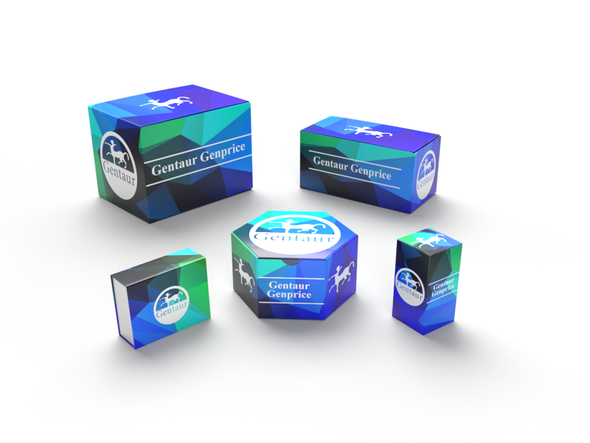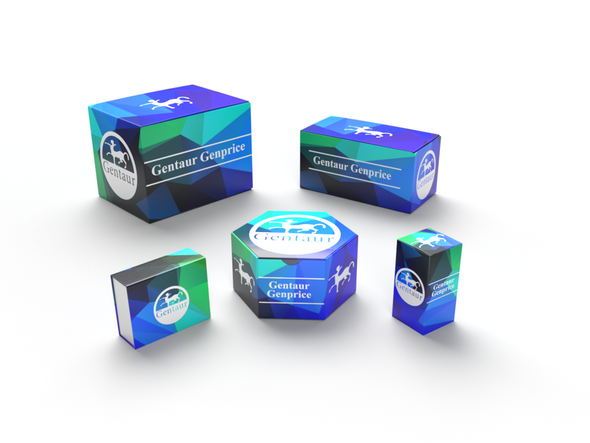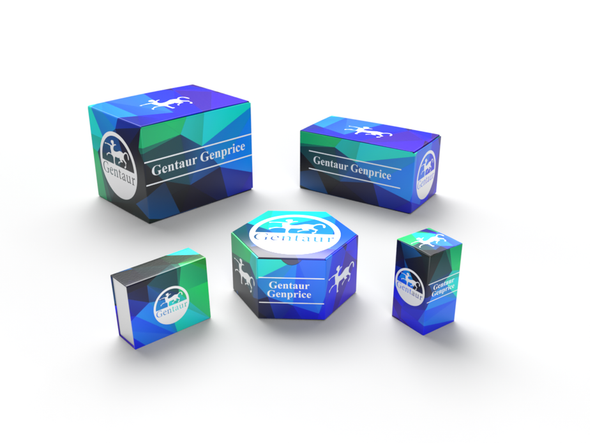Description
Rabbit Anti-Human MesP1 Antibody | 102-PA52S/102-PA52 | Gentaur UK, US & Europe Distribution
Species: Anti-Human
Host / biotech: Rabbit
Comment: N/A
Label: N/A
Clone / Antibody feature: Rabbit IgG
Subcategory: Polyclonal Antibody
Category: Antibody
Synonyms: MESP1; bHLHc5
Isotype: N/A
Application: WB, IHC
Detection Range: Western Blot: Use 1-5 µg/ml
Species Reactivity/Cross reactivity: Human
Antigen: Recombinant human MesP1 (RT #300-060)
Description: ES-cell-based cardiovascular repair requires an in-depth understanding of the molecular mechanisms underlying the differentiation of cardiovascular ES cells. A candidate cardiovascular-fate inducer is the bHLH transcription factor MesP1 (1, 2). As one of the earliest markers, it is expressed specifically in almost all cardiovascular precursors and is required for cardiac morphogenesis (2, 3). It was shown that MesP1 is a key factor sufficient to induce the formation of ectopic heart tissue in vertebrates and increase cardiovasculogenesis by ES cells. Electrophysiological analysis showed all subtypes of cardiac ES-cell differentiation (4). MesP1 overexpression and knockdown experiments revealed a prominent function of MesP1 in a gene regulatory cascade, causing Dkk-1-mediated blockade of canonical Wnt-signalling. Independent evidence from ChIP and in vitro DNA-binding studies, expression analysis in wild-type and MesP knockout mice, and reporter assays confirm that Dkk-1 is a direct target of MesP1.
Purity Confirmation: N/A
Endotoxin: N/A
Formulation: lyophilized
Storage Handling Stability: The lyophilized antibody is stable for at least 2 years at -20°C. After sterile reconstitution the antibody is stable at 2-8°C for up to 6 months. Frozen aliquots are stable for at least 6 months when stored at -20°C. Addition of a carrier protein or 50% glycerol is recommended for frozen aliquots.
Reconstituation: Centrifuge vial prior to opening. Reconstitute in sterile water to a concentration of 0.1-1.0 mg/ml.
Molecular Weight: N/A
Lenght (aa): N/A
Protein Sequence: N/A
NCBI Gene ID: 55897






